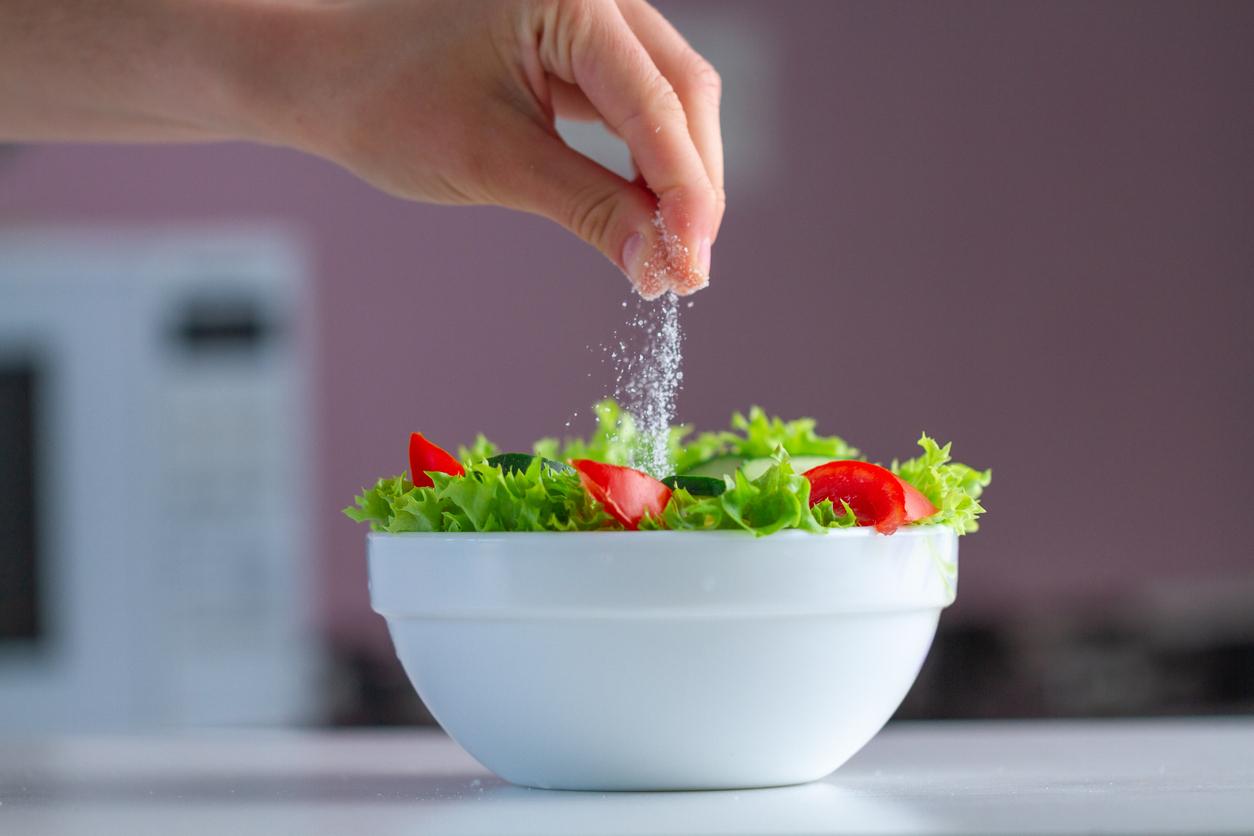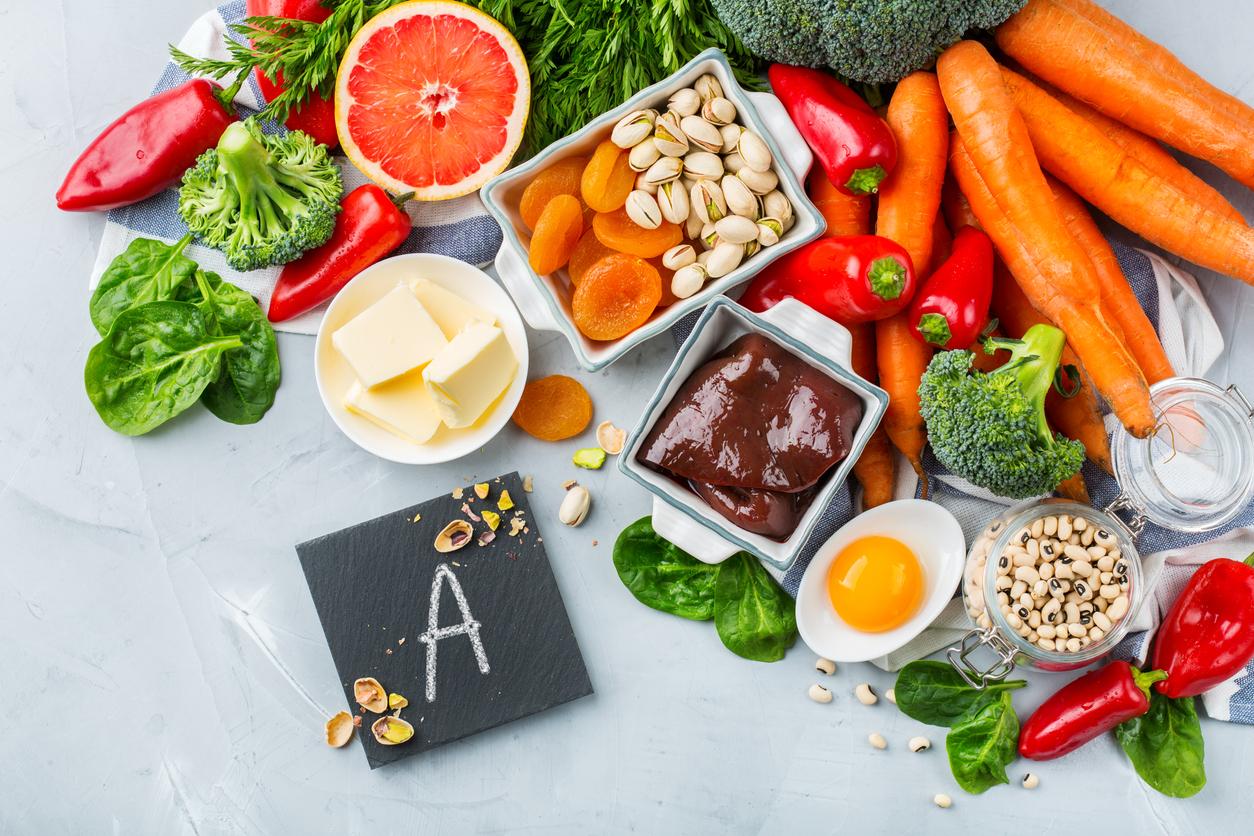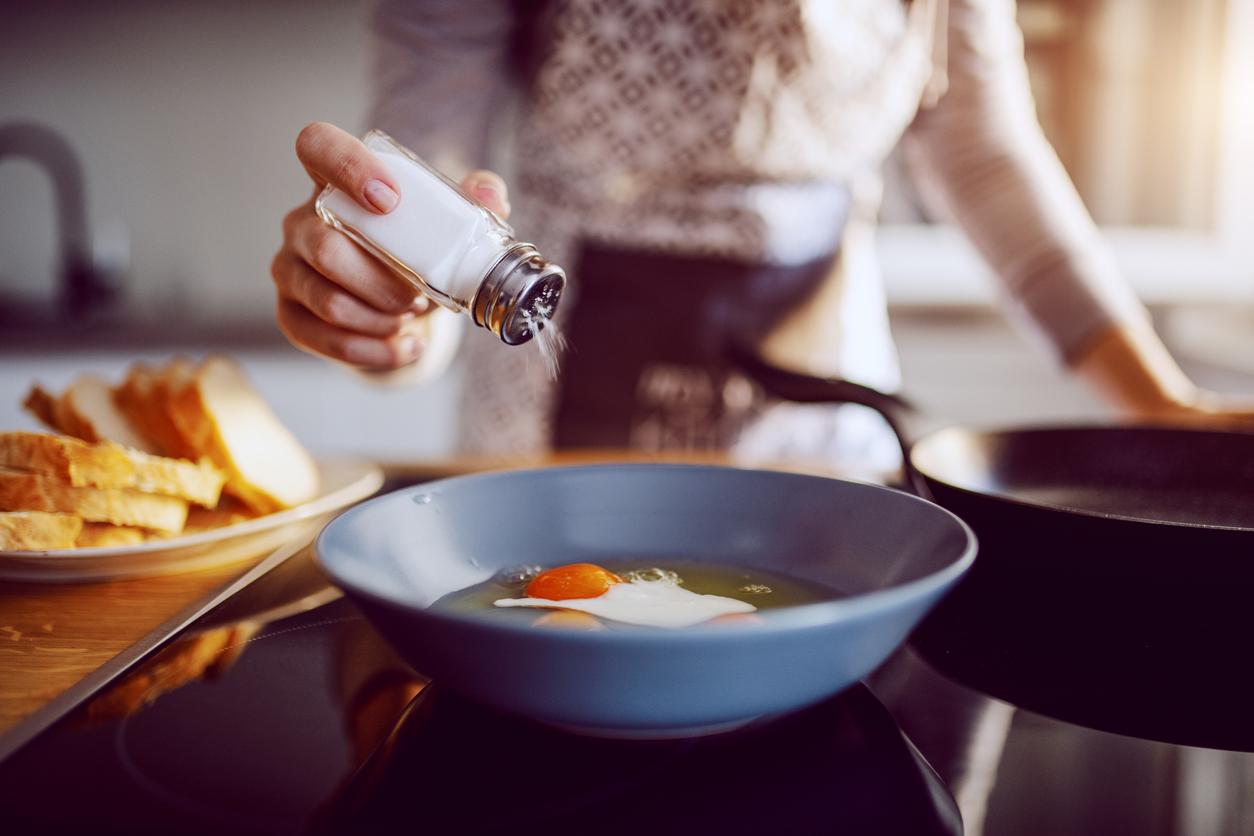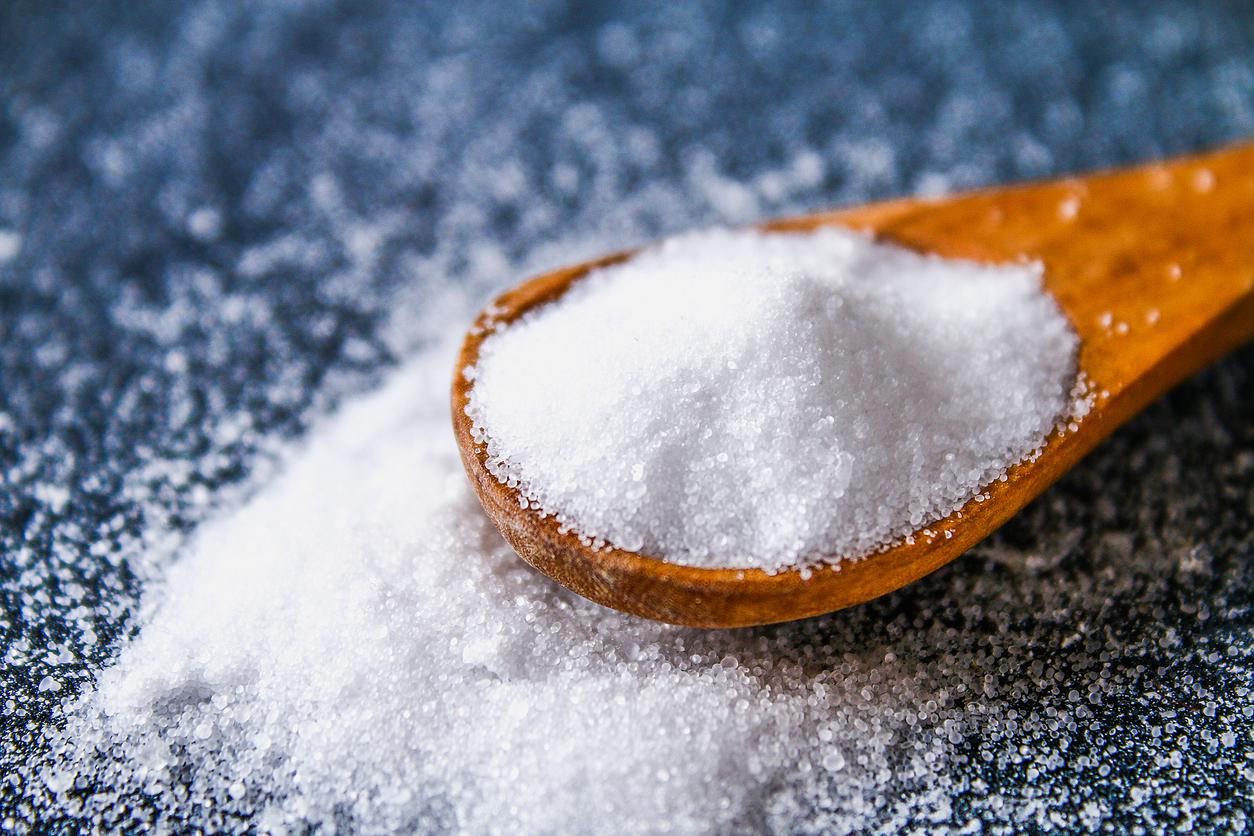Patients with multiple sclerosis should reduce their salt intaketo limit the progression of their disease, according to the results of an Argentinian study published in the medical journal The Journal of Neurology, Neurosurgery & Psychiatry.
Excess salt raises blood pressure and increases the risk of dying from cardiovascular disease, according to the results of a recent study published in the medical journal New England Journal of Medicine. It would be responsible for 1.65 million annual deaths worldwide.
But not only. Argentinian researchers from the Neurology Research Institute in Buenos Aires have found that consuming too much salt promotes the development of multiple sclerosis. This autoimmune disease which affects between 70,000 and 90,000 people in France. Each year between 3000 and 5000 new cases are diagnosed, with a clear predominance in women. Difficulty walking, fatigue, weakness in the limbs, chronic pain are some of the symptoms of the disease.
Salt intake should be reduced to 2 grams
Dr. Mauricio Farez’s team analyzed the salt consumption of 70 patients with multiple sclerosis for two years and compared the progress of their disease.
Patients who consumed between 2 and 4.8 g of salt per day saw their disease progress more quickly than those who dosed their meals more lightly with less than 2 g per day. “The risk of flare-ups was multiplied by three for patients who consumed between 2 and 4.8 g per day and by four beyond” explain the authors of the study.
The recommended daily dose of salt set by the World Health Organization is 2 g per day. But the French continue to eat too much salt, a known risk factor for high blood pressure and cardiovascular disease, according to the report established by the National Food Safety Agency (Anses). To consume less salt, prepare your menus with fresh products that have not undergone any transformation and avoid consuming industrial preparations that are often too salty. Season your food preferably during cooking rather than after. This gives time for the salt to soak them in order to give them a more full-bodied taste with, however, a much smaller quantity used.
















